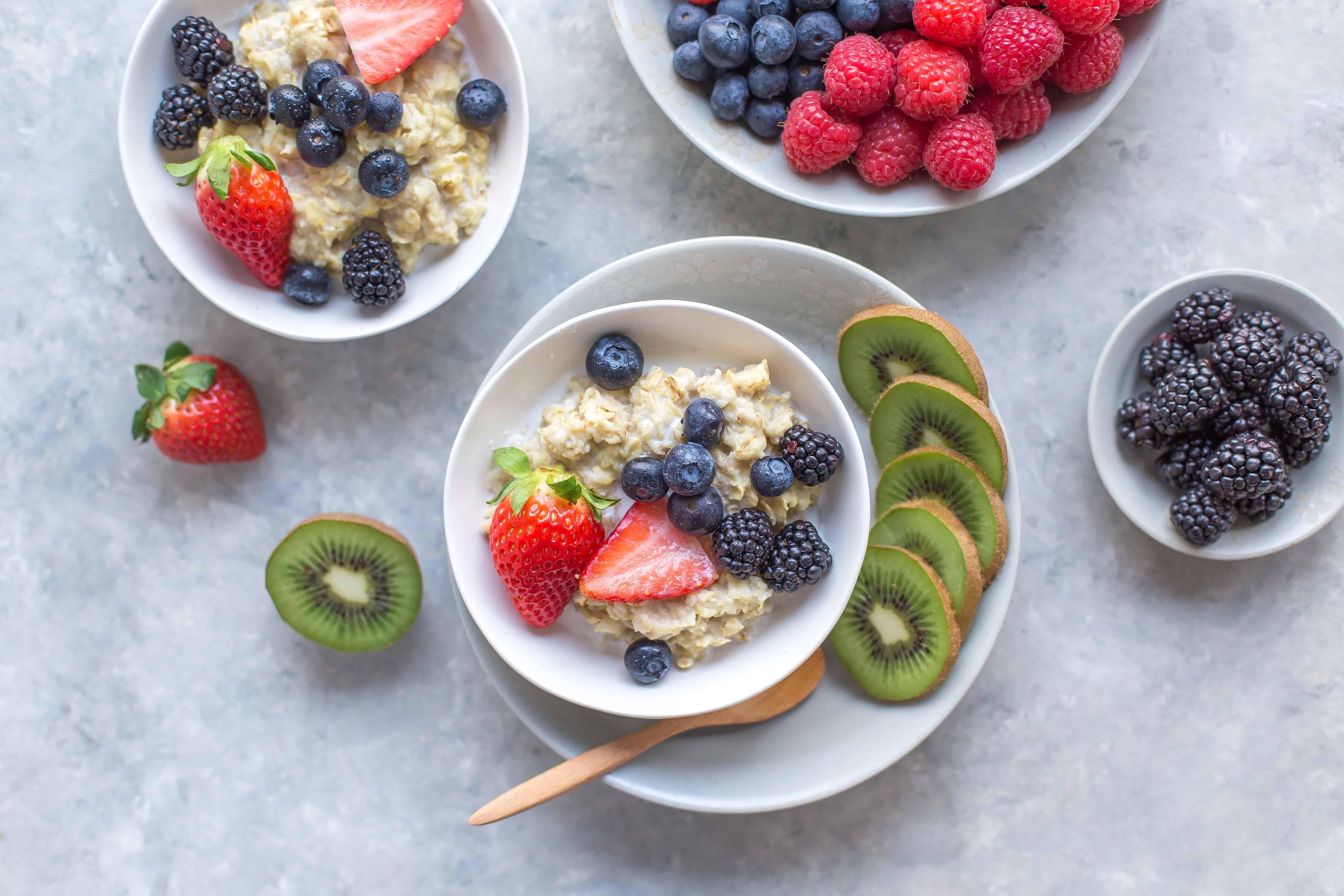Gluten-free foods are popping up everywhere. While many people will never need to worry about what gluten is or what effects it may have on general health, it may be worth your while to find out what all the hype is about. How can you know if you have a gluten sensitivity? And if you do, how can you begin to create an enjoyable gluten free diet plan?
Gluten’s name comes from the fact that it is a group of proteins that stick together like ‘glue’ to enable bread to rise and have that chewy texture we so enjoy. But if you find you have a sensitivity to these proteins, removing them from your diet will be worth the sacrifice.
How to Begin Your Gluten Free Diet Plan
Unexplained fatigue, bloating and diarrhea or constipation, skin problems, headaches and joint and muscle pain are just a few of the symptoms of possible gluten intolerance. If you suspect you may have a gluten sensitivity, you may want to try a gluten free diet for a few weeks to see if your symptoms improve.
What NOT to Eat
A good place to start is to know what foods contain gluten. Here is a list of foods to avoid for a gluten free diet:
- Wheat-based bread or pasta. Also avoid grains such as barley or rye.
- Cereal. Many cereals contain wheat or malt. However, there are still some alternatives which will be marked as gluten free.
- Most baked goods. Cakes, pastries, and even pizza crust are all wheat-based foods and become a no-no for a gluten free diet.
- Beverages. Beer is definitely out unless labeled as gluten free, and other alcoholic beverages’ labels should be checked for malt or brewer’s yeast.
- Snack foods. Many candies and snack products contain gluten. Read the label to be sure.
- Condiments and sauces. Soy and other sauces and salad dressings must be marked as gluten free.
The Good Stuff
It may seem like quite a challenge to create a gluten free diet that will be palatable for the long haul. Many of the most nutritious foods are without gluten and also lower in calories, so you may find yourself losing weight on your gluten free diet. Your new diet may include:
- Fruits and vegetables. These are all gluten free. 5-9 servings a day is recommended.
- Eggs.
- Meat. Meat that is not battered is gluten free, and any added flavors should be checked for gluten additives.
- All nuts and seeds. These will make great snacks. Check flavored or roasted nuts for gluten additives.
- Butter and vegetable oil.
- Grains. Some grains such as oats, quinoa, and rice are gluten free. Check your store’s baking aisle for gluten free flour choices.
- Drinks. Most non-alcoholic beverages are gluten free.
What’s Right for You.
If you feel you may have an intolerance for gluten, there are a couple of tests your doctor can run to prove or disprove your suspicions. Changing to a more healthy diet is always beneficial, and a gluten free diet plan could be an advantageous choice. There are numerous online sites which provide a week or two of menu suggestions to help you get started.
It may help to keep a journal of your diet and any symptoms you experience for about a week before you begin your gluten free diet. Then continue to monitor for a couple of weeks afterward to see what improvements you notice.
Remember that natural foods are always better for you than processed. Eating more fresh, raw foods will ensure that you do not become deficient in necessary vitamins or minerals and that you are consuming enough fiber for your digestive needs. This will also be more cost-effective for you, as some gluten-free foods can be more expensive.
Once you have committed to remaining gluten free, you may find social events to be an issue. There are creative ways to avoid potential problems. Calling a restaurant in advance to find out what gluten free items they offer, making the host or hostess aware of your needs before an event, or bringing some alternative foods for yourself when attending social gatherings may all help them go more smoothly.
Any new diet can have its challenges, but, with a bit of planning, you can successfully adjust your diet for greater energy and focus, and possibly even some desired weight loss. In just a short time, you can discover the benefits of a gluten free lifestyle.


















